Zimbabwe
The politicking season in Zimbabwe is quickly taking shape as the main contenders up the campaign rhetoric to convince citizens that they have the right credentials to lead the country after long serving president Robert Mugabe.
President Emmerson Mnangagwa who took over from Mugabe on Friday pledged to increase pensions and allowances for veterans of Zimbabwe’s independence war.
The pledge comes days after his government announced a 10 percent hike in salaries for all public sector workers.
Mnangagwa’s party, ZANU-PF which has ruled Zimbabwe since independence in 1980 launched their manifesto last week and also held primaries that were somewhat chaotic.
Veterans play a key role in the ruling ZANU-PF party’s election machinery and have in the past been at the forefront of mobilising party supporters. They have also been accused, however, of unleashing violent attacks on the opposition.
“My government has already made a decision to increase the allowances and pensions for all veterans and put in place the requisite safety nets to cushion you with regard to your daily needs,” Mnangagwa told thousands of war veterans who met in Harare to discuss their welfare.
The country is due to hold elections in July, although Mnangagwa has not yet set the date.
Chamisa, visionary or unrealistic?
The main opposition candidate, Nelson Chamisa, who took over from founding leader Morgan Tsvangirai soon after his death in February this year, has been campaigning as a young and visionary leader with a fresh vision for the country.
Chamisa maintains that Mnangagwa represents the old order, having worked as a key member of Mugabe’s 37 year reign.
In an interview on the BBC, which was keenly followed by Zimbabweans, Chamisa described the president as ‘the change that doesn’t deliver’.
While Chamisa has been consistently criticised for making wild unrealistic campaign promises, he told the BBC that he is ‘the future’ and truly believes in his visionary ideas.
“I have said we must begin to build infrastructure such as the one you have here. I was emphasising singing the point of modern transportation,” he said.
The extra money for the more than 30,000 veterans comes at a time when the government is hard pressed for cash and has already faced strikes by nurses and doctors.
Critics may see the move as a reward from Mnangagwa after the veterans last year openly resisted the elevation of former leader Robert Mugabe’s wife Grace to the presidency and backed Mnangagwa to take over from the 94-year-old.
War veterans in November 1999 forced Mugabe to give them unbudgeted payouts after they marched to his State House offices resulting in the Zimbabwe dollar plunging 71 percent in value on a day that came to be known as “Black Friday.”



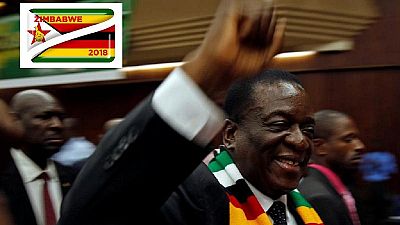

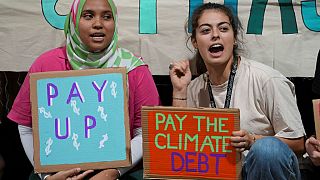
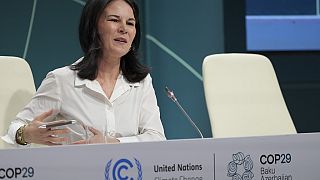
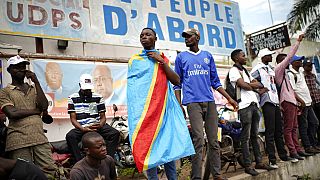
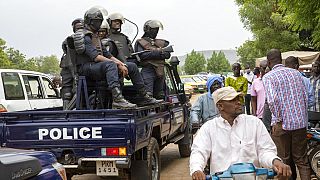
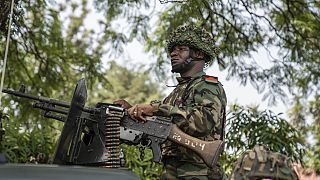


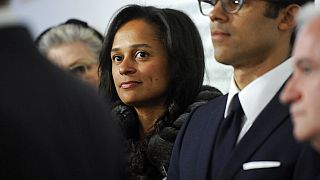
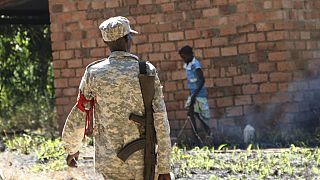
00:58
Somaliland opposition leader wins presidential poll
11:05
New era of sovereignty in Mali's gold sector [Business Africa]
01:10
Voters head to polls in Somaliland as leaders hope for global recognition
01:11
Chad's electoral body disqualifies senior ruling party official
01:44
Mauritius heads to the polls in wake of wiretapping scandal
01:37
UN agricultural fund calls for adaptation financing for small-scale farmers